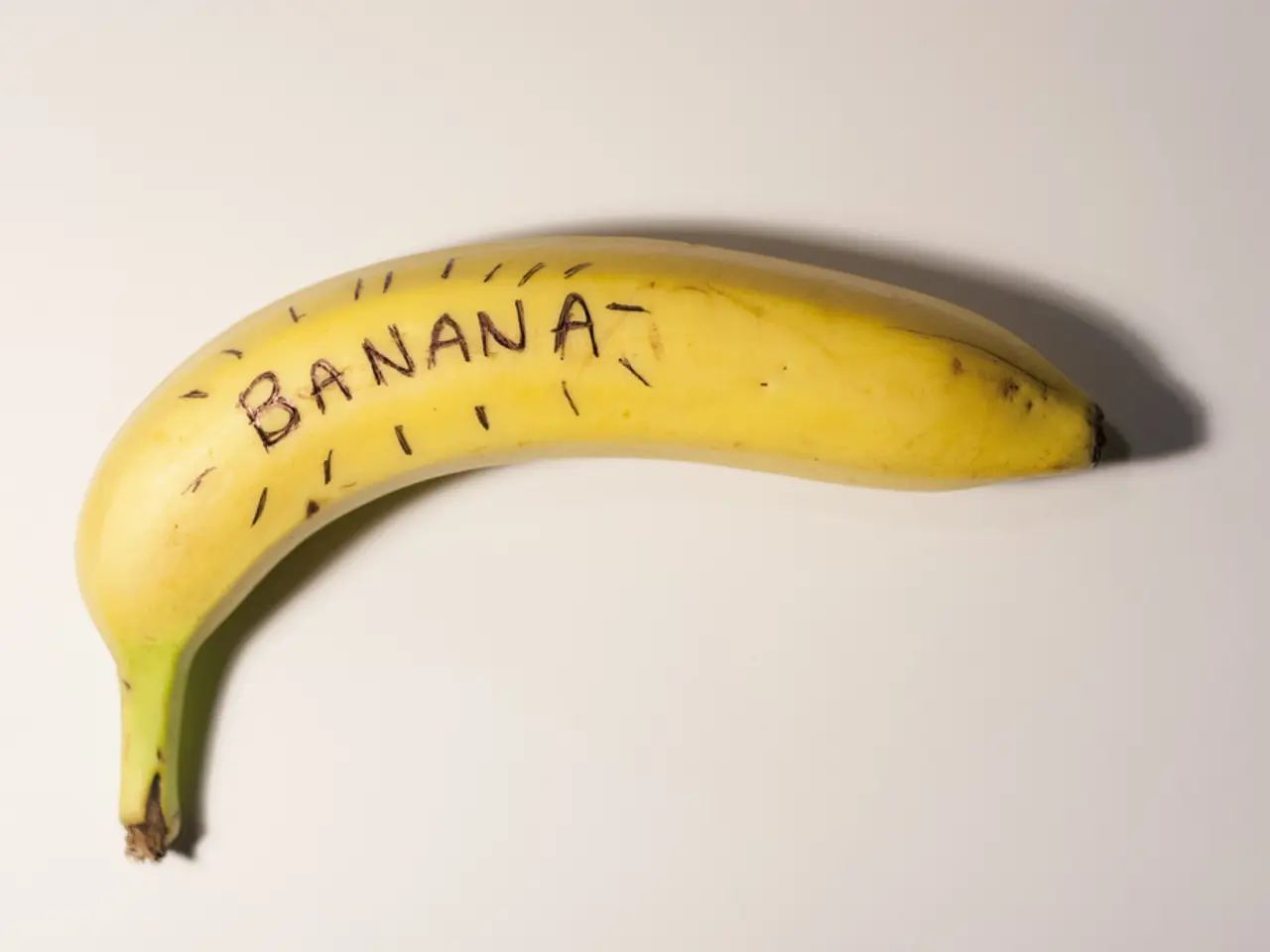Enhanced Capacities and Abilities
Banana fiber textiles, a sustainable and eco-friendly alternative to synthetic fabrics, are gaining traction in the global textile industry. One company at the forefront of this movement is Shroff Industries, an Indian company that is leading a movement towards eco-friendly products by converting banana fiber waste into textiles.
Shroff Industries, under the leadership of technology consulting veteran Shikhar Sahni, SVP of Operations, is not new to innovation. Sahni has assisted Fortune 500 companies, consulting R&D teams, CTOs, IP heads, litigation lawyers, and individuals reporting to C-level executives and directors. His extensive experience in R&D expansion strategy, IP expansion strategy, and litigation risk mitigation is evident in Shroff Industries' operations.
The company's banana fiber technology involves a multi-step process that begins with sourcing banana stems, removing outer layers, and processing fibers for textile production. By licensing a patented technology from Navsari Agricultural University for producing organic fertilizer from banana stems, Shroff Industries is not only reducing waste but also contributing to sustainable agriculture.
Banana fiber textiles are sustainable, renewable, biodegradable, and environmentally friendly. They offer a promising solution to the growing concern over plastic pollution and reliance on petrochemicals in the textile industry. However, the sector has faced hurdles such as limited scalability, higher production costs compared to conventional fibers, and the need for improved processing technologies to enhance fiber softness and versatility.
If Shroff Industries has developed proprietary banana fiber processing or weaving technology, this could significantly boost the efficiency, quality, and scalability of banana fiber textiles, making them more competitive in mainstream markets. The global push for sustainable fashion and stricter environmental regulations could accelerate demand for biodegradable textiles, positioning banana fiber as a viable alternative if production challenges are overcome.
Shroff Industries is actively seeking collaborations with experts in distribution and brands promoting sustainability for supplying raw materials. They are also working on collaborating with various industries to understand their material requirements and drive demand for banana fiber. Awareness about banana fiber and its potential is still low, and the market niche is still emerging. However, with ongoing industry collaboration, market education, and technological advancements, Shroff Industries' banana fiber technology could make a meaningful impact on the biodegradable textile industry.
In conclusion, while the specific innovations and current market status of Shroff Industries are not fully covered in public records, their commitment to sustainable textiles and eco-friendly practices is clear. For concrete details on Shroff Industries' progress, direct company reports, press releases, or industry case studies would be necessary. The realization of the potential of banana fiber technology depends on technological advancements, cost reductions, and alignment with global sustainability trends. Shroff Industries is well-positioned to lead this movement, creating high-quality eco-friendly products, promoting rural livelihoods, and contributing to a more sustainable future in textiles.
- Shikhar Sahni, the technology consulting veteran and SVP of Operations at Shroff Industries, has a rich background in assisting Fortune 500 companies with R&D strategy, IP expansion, and litigation risk mitigation, which is evident in Shroff Industries' commitment to sustainable textiles.
- Besides converting banana fiber waste into textiles, Shroff Industries also licenses a patented technology from Navsari Agricultural University to produce organic fertilizer from banana stems, demonstrating their dedication to sustainable agriculture and waste reduction.
- Shroff Industries' banana fiber technology has the potential to revolutionize the textile industry by offering sustainable, renewable, biodegradable, and environmentally friendly alternatives to synthetic and conventional fibers, aligning with growing global trends towards sustainable fashion and eco-friendly products.




